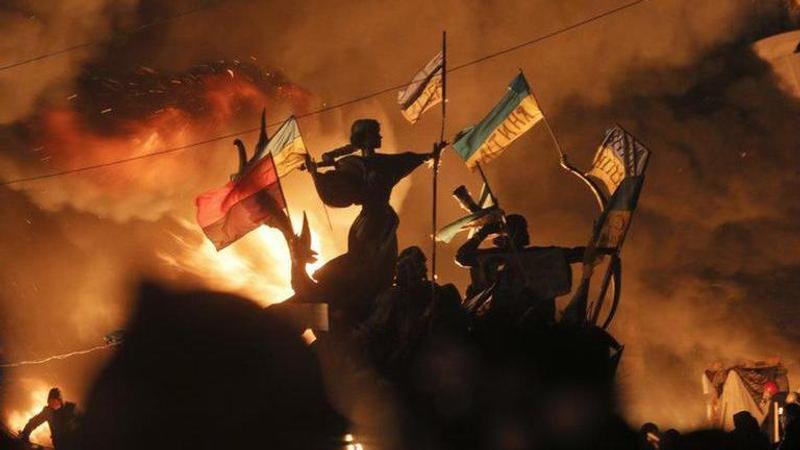Published 06:13 IST, June 30th 2020
European Union extends sanctions against Russia over Ukraine conflict
The European Union has extended the economic sanctions on Russia for another six months after the latter failed to comply with its commitments to peace treaty.

Advertisement
The European Union has extended economic sanctions against Russia for another six months after the latter failed to comply with its commitments to the peace agreement with Ukraine. The Russo-Ukrainian war began in 2014 after Russian forces took control of Crimea and Donbass. The sanctions which were slapped on Russia to bring peace to eastern Ukraine after the former's annexation of Crimea in 2014, target the country's financial, energy and defence sector.
In addendum, the measures also focus on Russian consumer and military goods. On June 29, the EU asserted that since complete implementation of the peace treaty has not been achieved, it is extending the sanctions till January 31.
“Given that full implementation has not yet been achieved, EU leaders took the political decision to roll-over the economic sanctions against Russia,” the EU Council said in a statement.
Russian trade affected
The sanction limits Russian banks and company access to EU capital markets and also outlaws financial assistance to Russian institutes. In addition, the new move would also stop Russia’s import and export of defence equipments as well as limit its access to 'sensitive technology' of oil production. Nearly 14,000 people have been killed in the battle between Ukrainian and Russian backed separatists.
Meanwhile, residents of separatist-controlled regions in eastern Ukraine who have Russian citizenship are reportedly travelling to Russia to vote on constitutional amendments that would allow President Vladimir Putin to remain in power until 2036. Authorities of the self-proclaimed Luhansk and Donetsk People’s Republics have organised bus services to polling stations in the neighbouring Rostov region in Russia, in what is seen by many as part of the widespread effort to boost turnout at the controversial plebiscite.
According to reports, polling in Russia started on June 26, for a week-long vote on a slew of constitutional amendments proposed by Putin in January. The amendments include a change in the Russian Constitution that would allow the 67-year-old Putin, who has ruled Russia for over two decades, to run for two more six-year terms after his current one expires in 2024.
(With inputs from AP)
Image credits: AP
06:13 IST, June 30th 2020




